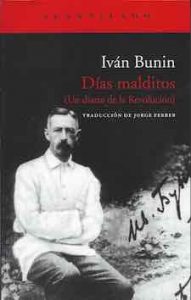
new publication
Polish translation published by Pogranicze
The novel is set during the tragic few weeks in June-July 1941, when the German army in a sudden attack defeated the Red Army and within a few days occupied Lithuania. Grigori Kanovich’s writing is informed by his deep native knowledge of the Lithuanian countryside where he grew up in the 1930s, but he is no less intimately familiar with the Russian and Jewish cultures. Yet his real interest as a writer is in exploring the fundamental and universal ethical conflict between good and evil, which transcends the limits of concrete space and time.
«DEVILSPEL is a moving and elegant novel of fine character portraits, told in restrained but beautiful prose, set in a small town in Lithuania at a watershed moment of history, when ethnic cleansing and the Holocaust enter the lives of the local Jews and non-Jews alike, dividing neighbours and families into persecuted and persecutors.»
ROSIE GOLDSMITH, Chair of the Judges EBRD Literature Prize







